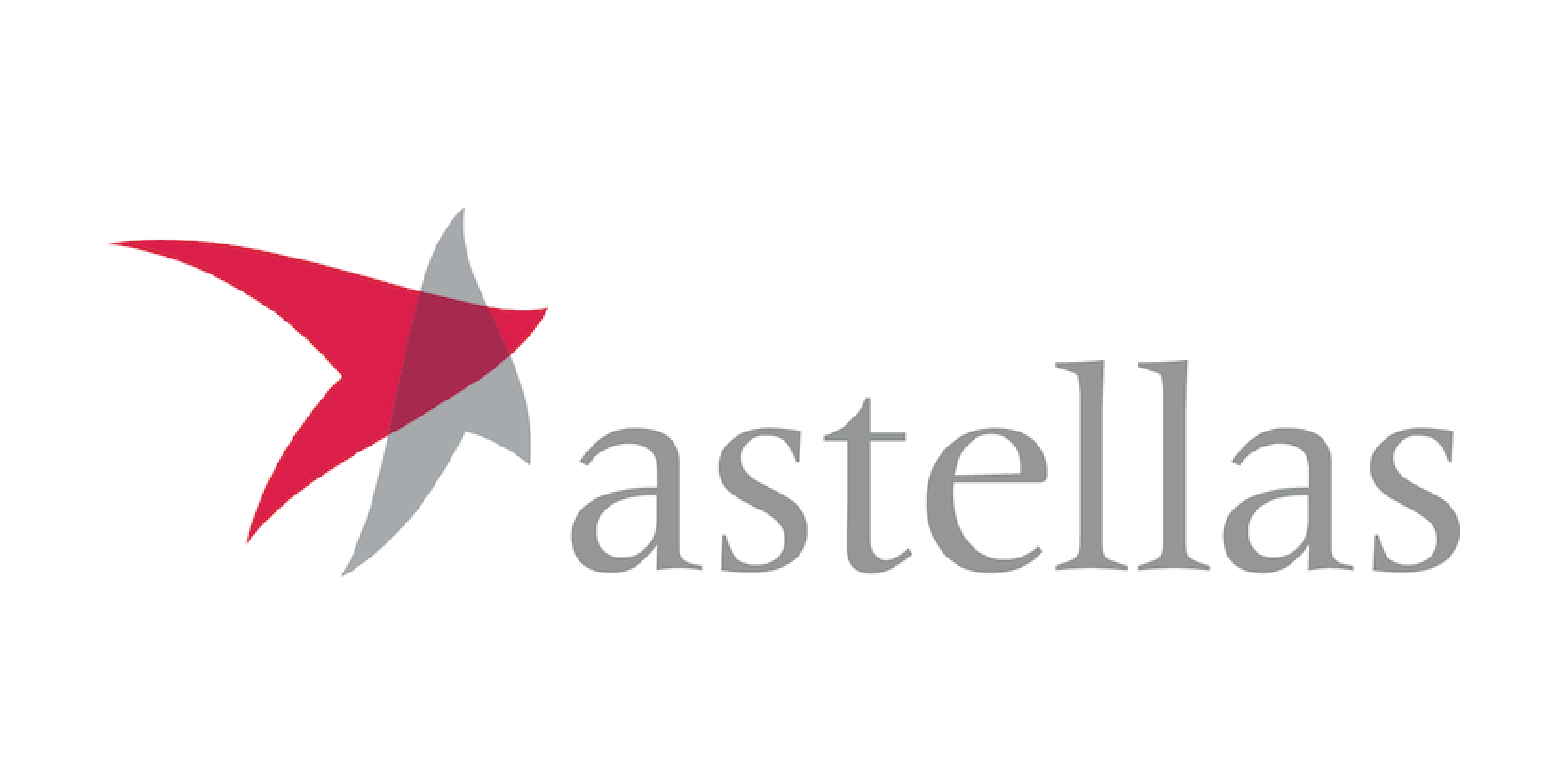
Last night, based on recent preclinical data, Astellas Gene Therapies announced that the research and development of gene therapy programs AT702, AT751 and AT753 for Duchenne Muscular Dystrophy have been terminated.
• AT702 was designed to serve as a vectorized exon skipping platform for rapid expansion into additional DMD genotypes. The construct is to induce exon 2 skipping to treat DMD caused by duplications of exon 2 (Dup2) and mutations in exons 1-5 of the dystrophin gene.
• AT751 and AT753 were designed to treat DMD patients with genotypes amenable to exons 51 and 53 skipping.
Gene therapy, delivering a DNA construct via adeno associated virus (AAV) and exon skipping approaches hold promise for the treatment of Duchenne muscular dystrophy, by attempting to replace or restore the production of dystrophin in muscle cells. The advantages of both therapeutic strategies can be combined by packaging RNA sequences capable of promoting exon skipping into an AAV vector. This is referred to as AAV-U7 technology and can be targeted to promote skipping of a single exon within the dystrophin gene, to restore production of dystrophin protein.
In 2020, Nationwide Children’s Hospital (NCH) commenced a small, investigational exon skipping study for patients with a duplication of exon 2 in the DMD gene. The clinical trial was a systemic (IV) delivery of exon skipping viral vector (scAAV9.U7.ACCA) with the goal of producing a full-length or near full-length dystrophin protein. Preclinical data shows that the construct delivered by the scAAV9.U7.ACCA vector causes significant skipping of exon 2, resulting in exclusion of the exon from the mature messenger RNA (mRNA) with a high degree of efficiency, leading to mRNA containing only a single exon 2 (that would result in full length dystrophin) or no copies of exon 2 (that leads to a truncated dystrophin protein due to a unique feature of the genetic location).
Audentes Therapeutics had licensed the technology produced by NCH in 2019 and soon after was acquired by Astellas Gene Therapies. The community was hopeful to see the AAV-U7 exon skipping technology move forward.
This is incredibly disappointing news for the community. We are still hopeful there is a path forward for this technology.



 by: Parent Project Muscular Dystrophy
by: Parent Project Muscular Dystrophy

